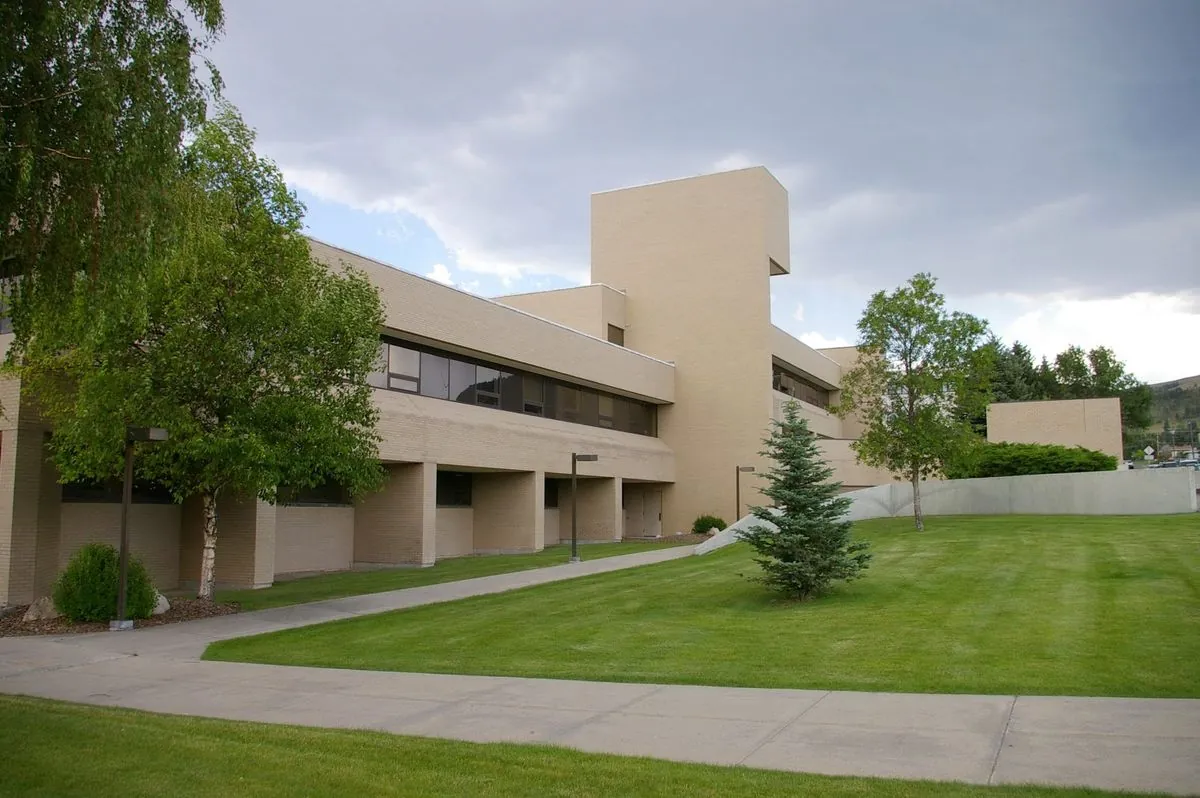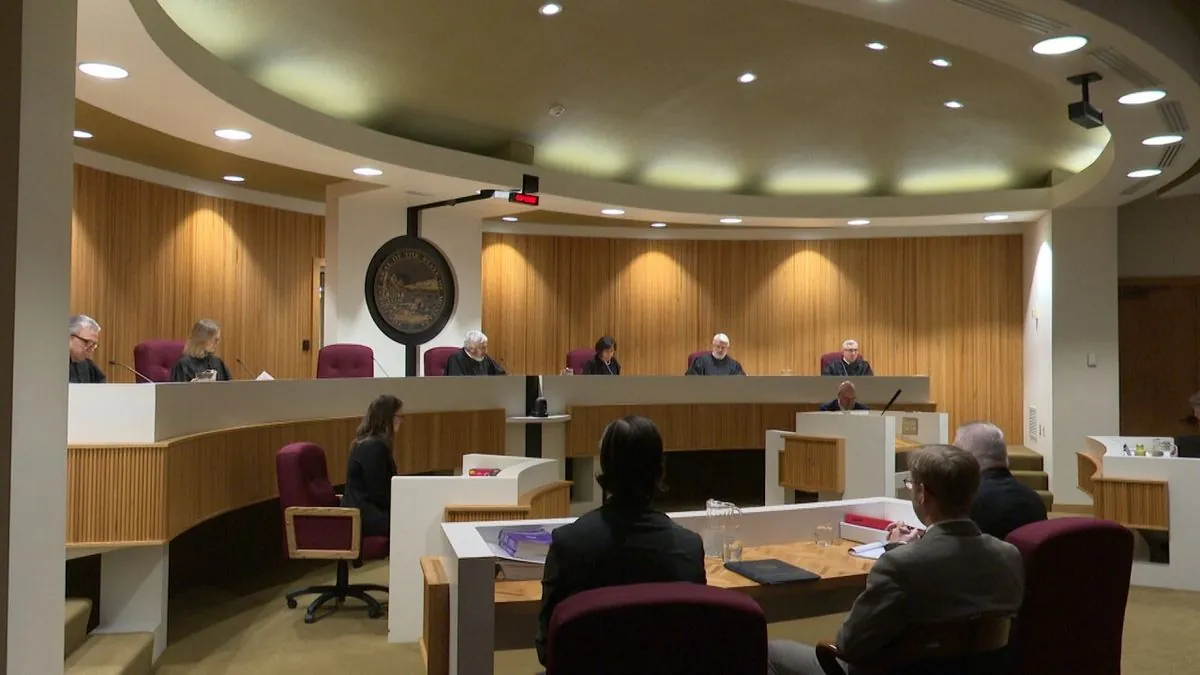Montana Supreme Court Strikes Down Parental Consent Law for Minor Abortions
Montana's highest court unanimously ruled against a law requiring parental consent for minors seeking abortions, citing constitutional rights. The decision maintains abortion access in the state amid nationwide restrictions.

In a unanimous decision, the Montana Supreme Court has invalidated a law mandating parental consent for minors seeking abortions, deeming it unconstitutional. This ruling, issued on August 14, 2024, upholds a challenge brought forth by Planned Parenthood.
Justice Laurie McKinnon, speaking for the court, emphasized the fundamental nature of a minor's right to make reproductive decisions. The court determined that the state failed to demonstrate sufficient justification for the law's protective measures for minors.
Martha Fuller, president of Planned Parenthood of Montana, expressed satisfaction with the decision, stating it affirms the right to privacy and upholds fundamental rights of Montanans.

Conversely, Austin Knudsen, Montana's Republican Attorney General, through his press secretary Chase Scheuer, criticized the ruling, describing the court as "radical and out-of-touch" with its constituents.
The law in question, enacted in 2013 but never implemented due to immediate legal challenges, would have allowed minors to seek a judicial waiver as an alternative to parental consent. It's important to note that this decision does not affect a separate 2013 law requiring parental notification for minors seeking abortions, which remains subject to its own legal challenge.
Montana's constitution has recognized the right to abortion since 1999, a fact that sets it apart from many other Republican-controlled states. Despite the U.S. Supreme Court's 2022 decision to eliminate the nationwide right to abortion, Montana continues to permit the procedure until fetal viability, typically around 24 weeks of pregnancy.
This ruling reflects Montana's unique position in the national abortion debate. As the fourth largest state by area but 44th in population, Montana has a history of independent legal stances. The state was among the first to grant women voting rights in 1914, predating the 19th Amendment by six years.
Montana's Supreme Court, consisting of seven justices elected to eight-year terms, plays a crucial role in interpreting the state's constitution, which was ratified in 1972. This latest decision underscores the court's commitment to upholding constitutional rights as interpreted within the state's legal framework.
The state's approach to reproductive rights exists within a broader context of Montana's diverse landscape and economy. Known as "Big Sky Country," Montana boasts 55 state parks and 7 national park sites, alongside a economy based on agriculture and mineral resources. This blend of natural beauty, economic interests, and legal independence continues to shape Montana's unique position in national debates.
"A minor's right to control her reproductive decisions is among the most fundamental of the rights she possesses"
As the debate over reproductive rights continues nationwide, Montana's decision stands as a significant development in the ongoing discussion about the balance between parental rights, minor autonomy, and constitutional protections.


































